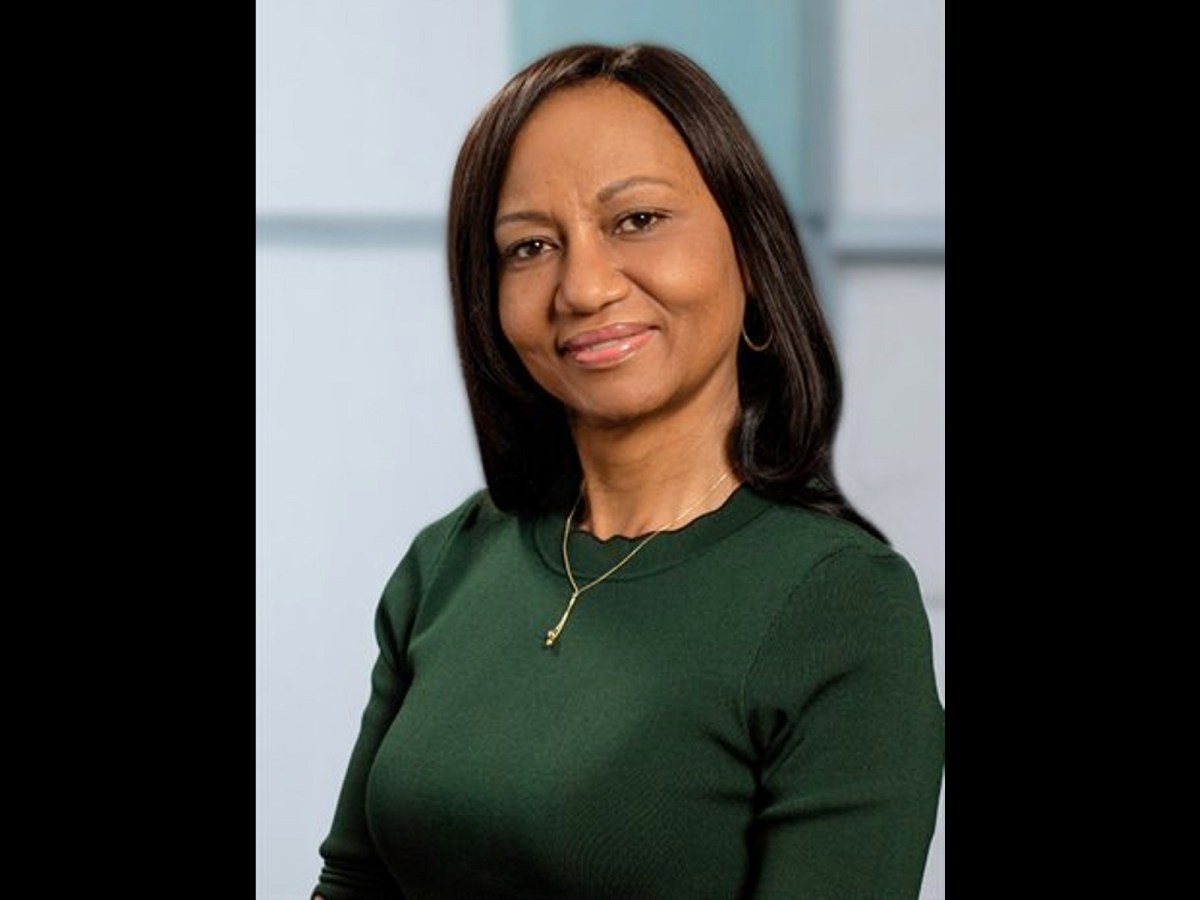If you’re planning to get down on one knee, pop the question or make your relationship official in some other way on Valentine’s Day, you’re in good company. February 14th is one of the most popular days for proposals, not to mention a costly day for your wallet, with consumers planning to spend $25.9 billion this year, according to the National Retail Federation and Prosper Insights & Analytics.
If you’re considering taking that big step, use this time to begin thinking about your finances. While talking about money can feel anything but romantic, the financial foundation you set before tying the knot can help you and your partner build together for a lifetime.
“Being in a committed relationship can change how you spend, save, invest and plan for the future. But financial compatibility between two partners is rarely achieved without discussing what money means to each of you, including the “money messages” you received growing up,” said Erika Shaw, matrimonial advisor at J.P. Morgan Private Bank. “Communication and transparency around money is critical to the health of any partnership, especially as life evolves.”
Here are some considerations as you plan your financial future together:
- Determine how you’ll share expenses. Couples have different methods for managing daily finances. None are right or wrong – it all depends on each couple’s preference. Consider how much each partner earns and discuss how each of you will contribute to these expenses. Will you combine all your money in a joint account to pay expenses, or keep separate accounts and delegate responsibility for bills? Maybe you’ll consider a mix of both.
- Be honest about any financial baggage. Any debts coming into the relationship — student loans, credit card debt or other financial liabilities – should be discussed, as they may impede your ability to buy a home, start a family or make certain career and life choices. Consider having an independent third party or financial advisor serve as a sounding board in your conversations.
- Set your financial goals. Agreeing on your top financial goals and aligning your saving and investment strategies accordingly can get your marriage off to a strong financial start. What does your current lifestyle look like, and how might that change in the future? Do you want to save for a down payment on a home? Are there other large expenses on the horizon, such as a vacation or a car? Be specific about the timing, cost and priority of each of your financial goals.
- Consider how future life changes might impact goals. Are either of you going back to school or changing careers? If you are considering children or already have children, how would you approach childcare and educational decisions? Do you expect to care for aging family in the future? All these choices will impact your finances.
- Have open discussions about past experiences. Making your personal finances—past, present and future—an ongoing part of your life together can help you weather disagreements about money. Explore how your views on money were shaped by your upbringing and your family’s approach to spending, saving and investing. Don’t shy away from talking through financial disagreements, as they often represent deeper divisions that can affect your entire relationship.
Countless money decisions await every couple. The sooner you begin talking about your finances—and financial expectations— the better equipped you both will be to plan your future together.
more sponsored content by jpmorgan chase & co.
How to Start or Set Up Your Small Business for Success
For many, owning a business is a symbol of the American dream. It can be exciting to imagine becoming your own boss, working for yourself and offering employment to others – all helping build financial security for your family and community. Building a successful business requires a solid plan and lots of help along the…
This Women’s History Month JPMorgan Chase’s Renée Horne Talks Career, Finances and Achieving Success
Women’s History Month is a time to come together to celebrate and recognize the achievements and contributions of women throughout the years. For this Women’s History Month, we spoke with Renée Horne at JPMorgan Chase, based in Dallas-Fort Worth, to discuss her career journey, share tips on taking charge of your finances and other recommendations…
Building a more inclusive economy: Q&A with JPMorgan Chase’s Thelma Ferguson
All communities should have the resources they need to strengthen their economic futures. This Black History Month, JPMorgan Chase is affirming their commitment to breaking down barriers — including the racial wealth gap — and promoting opportunity for all. In recognition of Black History Month, we connected with Thelma Ferguson, Global Head of Diversity, Equity…





